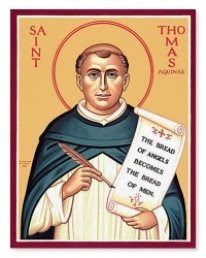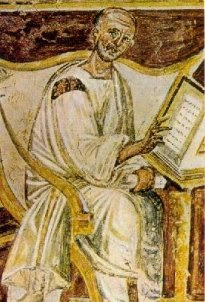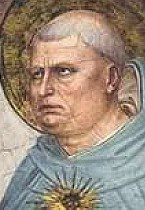Catholic Theology 101: The Descartes Challenge

The Renaissance, Reformation, Enlightenment, and Scientific Revolution caused social upheaval, cataclysmic shifts in thinking, and the democratization of knowledge, making all that came before seem antiquated, authoritarian, incomplete, or irrelevant. The world and how people viewed it changed. Written in 1611, the words of poet John Donne could apply to all of the forementioned: (The) new Philosophy calls all in doubt, The Element of fire is quite put out; The Sun is lost, and th'earth, and no man's wit, Can well direct him where to look for it. Of particular note is French philosopher René Descartes. Published in 1637, his treatise, Discourse on the Method, attempts to establish a set of principles that are certain beyond doubt. The result would turn philosophy on its head. His famous statement: "I think therefore I am," marks a radical departure from the objective view of reality held by Augustine and Aquinas. This departure is so radical, Descartes’ philosophy (kn




